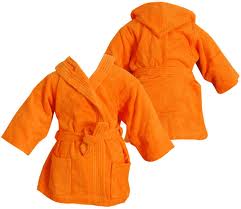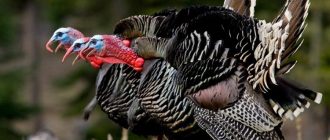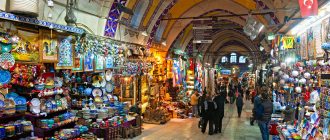Turkey is famous for its clothes type. Do you want to know about Turkish robes? Then read our guide to know more facts and information on Turkish robes…
Dolman is a traditional Turkish robe. Dolman was a loose, cap-like robe that had very loose sleeves which were formed by folding the robe’s fabric. This garment was worn in Turkey and some other Middle Eastern countries in the Middle Ages. Dolman sleeves are very popular with fashion designers. Dolman sleeves, also known as batwing sleeves, were sleeves that were cut deep and wide on the shoulder. The armholes extended to the waist. Unlike most of the sleeves, Dolman sleeves are cut from one piece which also has the top of the dress.
Turkish Bathrobes
Turkish bathrobes are yet another type of Turkish robes which are extremely popular but it is difficult to find a genuine Turkish bathrobe. A genuine Turkish bathrobe is imported from Denizi, a region in Turkey. It is 100% thick cotton and can quickly absorb water. This property helps in conserving your body heat. Even though it is heavy cotton, it is machine washable and softer than most of its contemporary bathrobes.
Turkish terry bathrobes are equally famous amongst men and women. In fact most of the big hotels and spas opt for terry bath robes as they speak of style and comfort. They also absorb water easily and leave you with a warm feeling. Since this Turkish material doesn’t chaff the skin, many people use it for their infants clothing items. Price of Turkish robes differs according to the material used and design.
Turkish Towels Terry Bathrobe
Turkish towel terry bath robes have a thick texture. It is almost 490 gms per square meter. Authentic Turkish terry is made by skilled workers who have drawn years of experience handed over by the preceding generation to them. They are manufactured in state of-the-art-mills.
Unless you are a skinny person, these robes will look fabulous. The Turkish robes should not be bleached and should be washed in cold or warm water only. There is a wide variety of colors and patterns to choose from. However, solid colors are best as they do not run when washed. Colors do alter with each wash. In case you have hard water at home, then it is better to avoid white Turkish robe as they may become dull over time.





